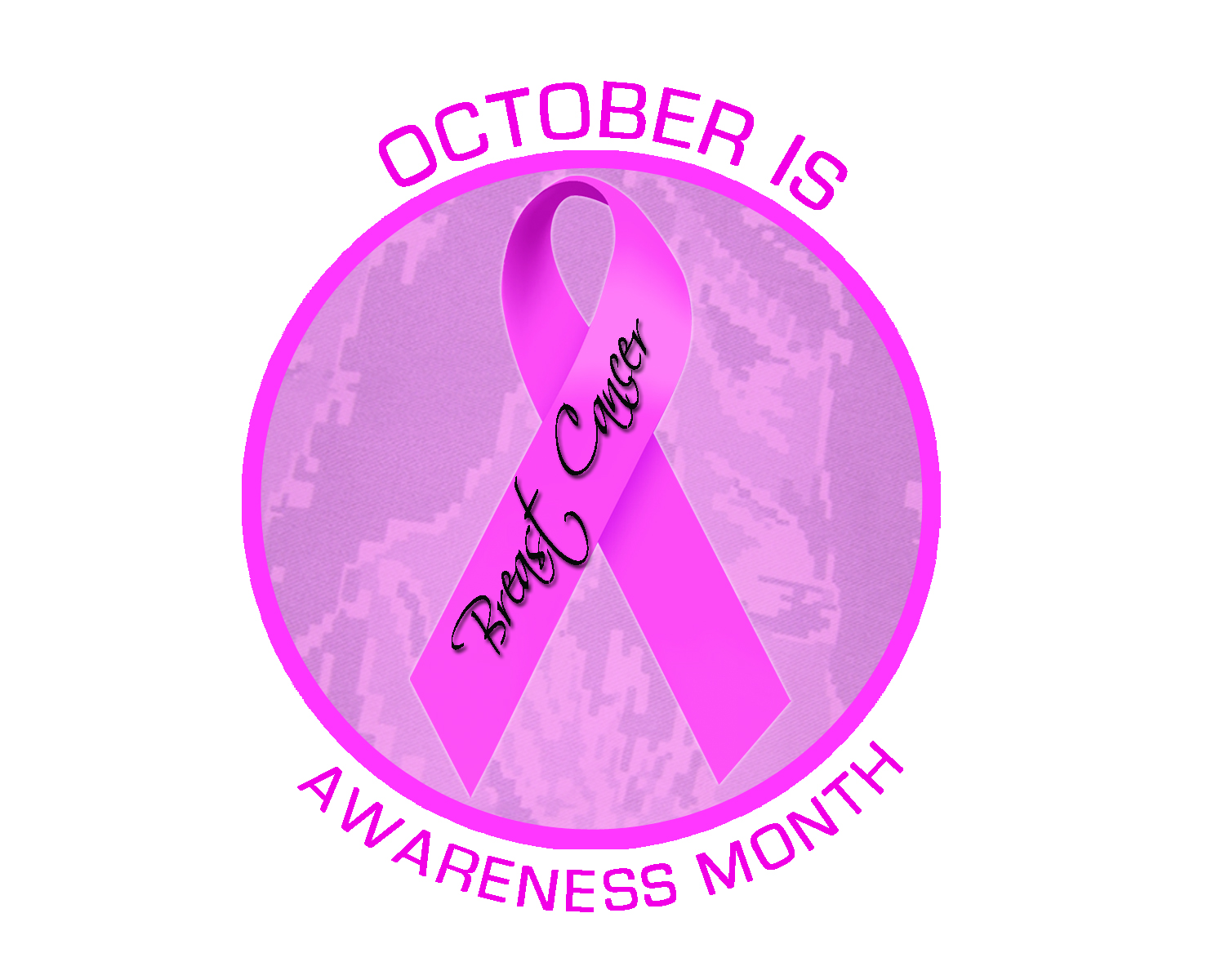
THE GROWING BURDEN OF BREAST CANCER IN AFRICA
The fact remains breast cancer is a burden to the world but here is a question we Africans have not asked loud enough, is it a death sentence in most African countries ? Stigma, limited knowledge and most importantly poor health care system continue to surround breast cancer in most parts of Africa.
With many parts of Africa still struggling to offer standard basic health care, the burden for effective measures to treat breast cancer remains high. According to the Global cancer observatory, 168 690 women in Africa were diagnosed with breast cancer in 2018 while the mortality rate was at 74 072. While another study published by thinkglobalhealth.org reveals that cancer deaths in sub-Saharan African increased 45% since 2000, and it now kills more than half a million people every year. Breast cancer deaths in the region have increased by 70% since 2000. This rise has affected women more.
In developed nations, personalized medicines, unlimited expertise, new treatments, awareness, availability of resources among others have helped reduced the cancer rate and improved surviving rates even within aging population. On the contrary, most of that is not reach in some parts of Africa.
Discussing the lack of resources to tackle breast cancer in Africa during the Sister Show on breast cancer, Dr Jaye said that “stage 4 cancer in Africa is a death sentence. Even in the US it is not something simple as going to meet a doctor. By then, the cancer has already metastasised to your bones, brain or lungs. So, at this point in Africa, what are you going to do? Because once it gets to your brain, liver or bones, what are the treatments available? Probably none; they might not even have the financial resources to take care of it”.
In countries like The Gambia, for many years it was in 2019 that the minster of health publicly shared that the government has purchase a mammography. As a result of this and the lack of the required medical experts like an oncologist, Gambian women diagnosed with breast cancer travel to Senegal for effective treatment. Leaving many untreated as a result of limited resources to embark on the journey.
BREAST CANCER, CAUSES, SYMPTOMS AND TREATMENT.
“Breast cancer is a cell in the breast that grows out of control. When cells grow, they grow to some point and die then recover and then another cell grow back. But these cells just continue to grow nonstop, so they change structure and then becomes cancerous.” Shared Dr Jaye Ceesay of The Sisters Show.
Breast cancer symptoms include new lump in the breast or under the arms, redness in the nipple, discharge other than breast milk, any change in size or shape, thickening or swelling of the breast. Moving forward, causes of breast cancer is not only limited to genetic transmission of the disease, “It can be environmental, for example if the person has radiation exposure or a radiation treatment they might have or from a previous cancer, they can actually have changing cells.” It is always great whenever you are diagnosed with breast cancer to do the genre test to see if it’s related to that type of cancer or if it’s just environmental. Because if you do it, you can definitely save somebody’s life, let’s say your siblings can all be tested, male or female. This is the thing that people think only females have breast cancer, men can have breast cancer too advised Dr Jaye during The Sister Show on breast cancer.

“Most cancer progress differently. Some women may have chemo and that’s it. While some will have radiation and chemotherapy and some surgery then chemotherapy. But if you have a progressive cancer wherever it is, the chemo treatment will take out all the cells that way you don’t metastasis. That’s to avoid cancer spreading to other parts of the body and becoming more dangerous. Every individual is different that’s why one has to see an oncologist that will look at what type of cancer it is before they go into which protocol to use”- Dr Jaye Ceesay.
Over the years, medical practitioners have reiterated the importance of early detection and intervention as it is the most effective treatment plan, so if you see any changes on your breast, consult a doctor as it is very vital.




